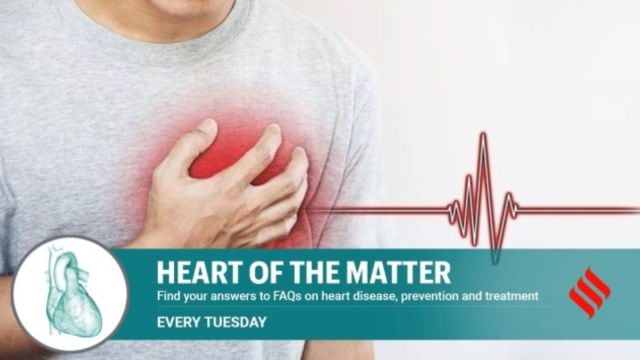Can burnouts affect the heart? A cardiologist explains why workaholics are at risk (original) (raw)
 Unchecked, chronic stress can result in severe heart failure or serious arrhythmias.
Unchecked, chronic stress can result in severe heart failure or serious arrhythmias.
A 38-year-old man walked into my clinic with high blood pressure and heart failure, a condition when the heart does not pump blood as well as it should. He had no history of risk factors but the problem lay in his lifestyle. His work life consumed him to the point that he didn’t sleep, rest, exercise or take out time to relax and have fun. In fact, he told me that he could not wind down at all, was fatigued, irritable towards others and was robotic at work.
He was displaying classic signs of a work-related burnout. In fact, the sustained chronic stress of years had taken a toll on his heart in such a way that his heartbeats had become irregular (arrhythmia), which in turn had affected the functioning of the heart’s lower chambers or ventricles. And though we assisted him with medication, it was only after lifestyle management, diet, sleep routines and a change of job that his parameters came under control and his heart function improved.

Now I am not saying give up your job but understand a sick body will not give you the next promotion. So put your body first and plan your work life around it rather than the other way around. In 2019 the World Health Organization (WHO) defined burnout as an occupational phenomenon “resulting from chronic workplace stress that has not been successfully managed.”
BURNOUT AND STRESS HORMONES
So how does burnout affect the heart? Let me clarify that one cannot link a heart episode directly to it but it certainly builds up stress over time. What does chronic stress do?
The body produces more cortisol, a stress hormone that can raise blood pressure, oxidise lipids that elevate cholesterol, which sticks to the walls of the heart. All of this puts strain on the heart.
Studies have linked burnout to an increased risk of developing atrial fibrillation, a condition where the heart beats irregularly, beginning with the upper chambers of the heart (atria). This can lead to blood pooling and clotting, triggering strokes. Chronic stress can trigger systemic inflammation, which damages the lining of heart walls, allowing fat deposits to build up and become unstable. When these loosen, they form blockages, triggering a heart attack.
WHY YOU MUST ADDRESS CHRONIC STRESS
Unchecked, chronic stress can result in severe heart failure or serious arrhythmias. Then apart from medication, you might need interventionist options like implantable cardioverter defibrillators, or ICDs. These devices are surgically placed and detect life-threatening arrhythmias. When they do, they deliver a shock to the heart to reset its rhythm so it can resume normally. Or you may need a special pacemaker, which makes the ventricles contract at the same time. This helps the lower heart chambers pump and relax together.
Story continues below this ad
HOW TO PREVENT BURNOUTS
I would say take regular mini breaks from work, over weekends, to counterbalance the hectic schedules you have on other days. Set aside time for yoga or meditation. Develop a hobby. Seek therapy. Look for positive coping strategies, delegate tasks at work or break down your time slots. Take short walking breaks and periodic breathing exercises when the going gets tough.
(Dr Shetty is interventional cardiologist, Manipal Hospital, Bengaluru)